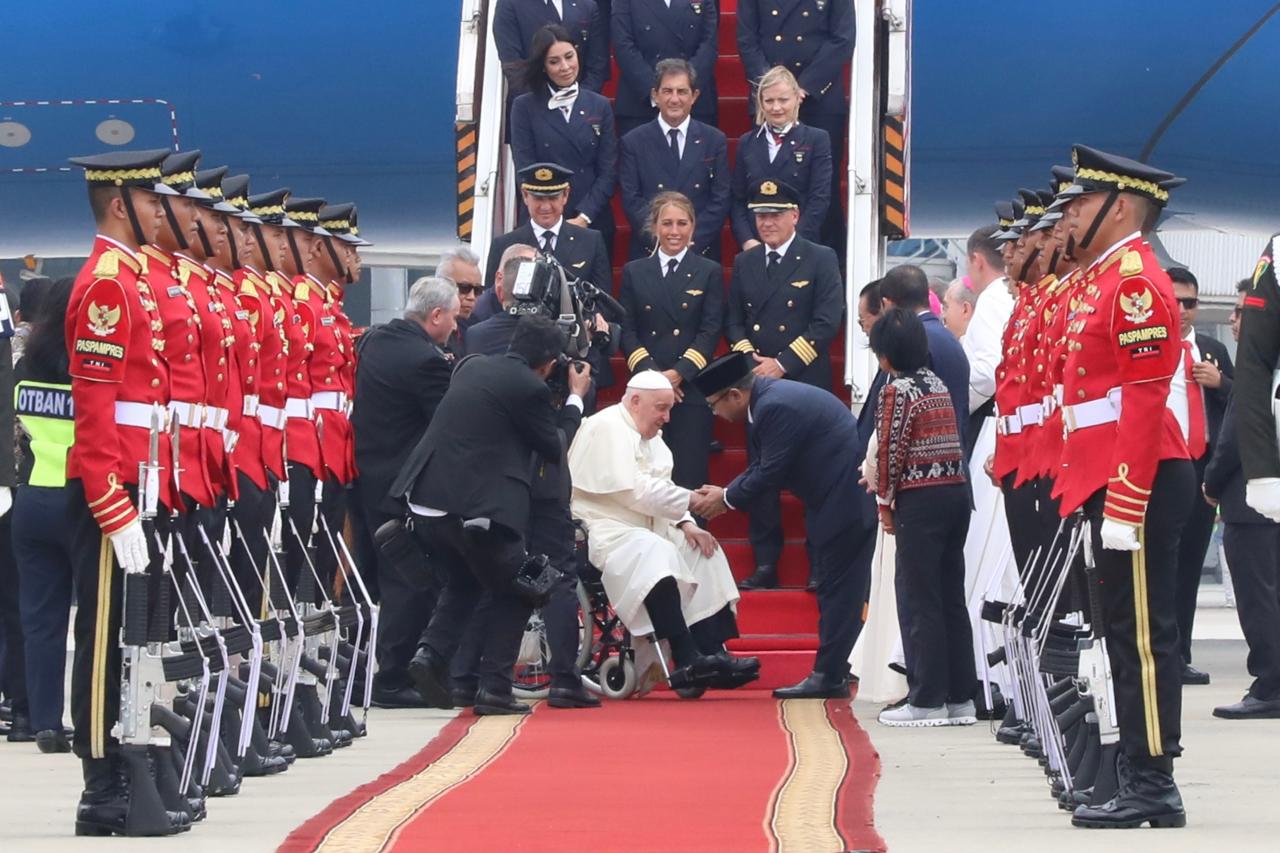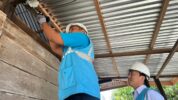Amnesty International Calls on Pope Francis to Advocate for Justice and Religious Freedom in Indonesia
Additionally, Amnesty has recorded at least 123 cases of intolerance from January 2021 to July 2024, including the rejection, closure, or destruction of places of worship and physical attacks. Perpetrators are believed to come from various backgrounds, including government officials, residents, and civil society organizations.
On June 30, 2024, a village head, along with a group of individuals, halted a Sunday service at a Pentecostal church in Sidoarjo, East Java, claiming the church lacked a building permit (IMB). The local pastor stated that the church had been registered as a prayer house since December 7, 2023, and obtaining an IMB is a lengthy process. Nevertheless, the village head insisted on the IMB requirement.
To build a place of worship, the 2006 Joint Decree of the Minister of Religious Affairs and the Minister of Home Affairs requires approval from at least 60 local residents, endorsement by the village head, and a written recommendation from the Department of Religious Affairs and the Forum for Religious Harmony. This process can lead to conflicts in areas where minority religious communities face local opposition.
On May 5, 2024, a group led by a neighborhood chief attacked Catholic students holding a Rosary Prayer event at a private residence in South Tangerang, forcing them to move their worship to a church.
On July 2, 2024, the Garut Regency government in West Java sealed off a place of worship for Ahmadiyya Muslims. Indonesia continues to record cases of restrictions on religious rights and freedoms.
Amnesty International hopes Pope Francis’ visit will spotlight these issues to ensure the protection of religious freedom in Indonesia.



























Tinggalkan Balasan